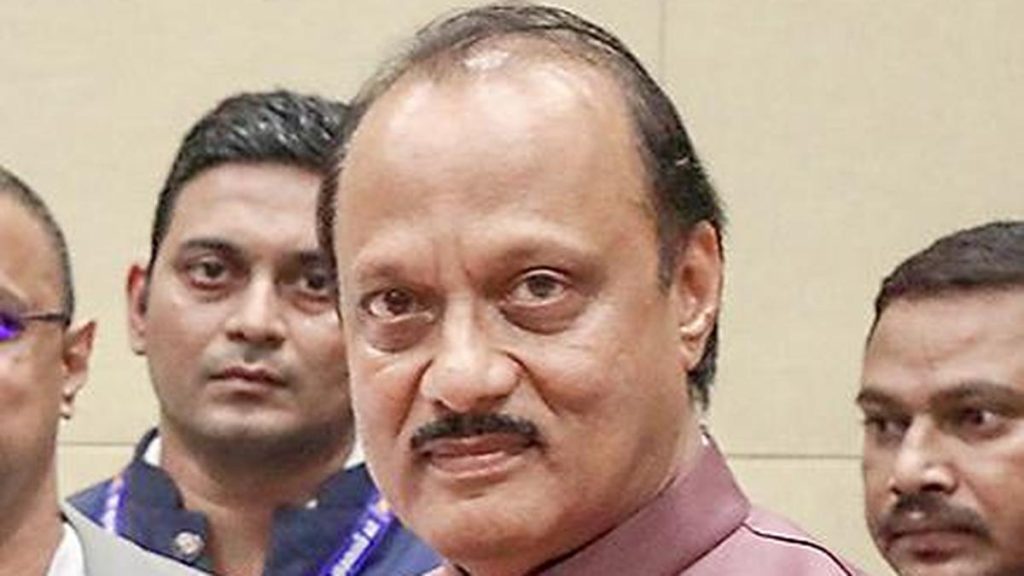Now Reading: PIL on ‘Sada Bainamas’ Deferred to August 26
-
01
PIL on ‘Sada Bainamas’ Deferred to August 26
PIL on ‘Sada Bainamas’ Deferred to August 26

Swift Summary
- Teh Telangana High Court adjourned to August 26 the hearing on a PIL challenging Government Order (GO) Ms. No. 112, issued in 2020 for regularising unregistered land transactions known as “Sada Bainama.”
- Sada Bainama is a system where unregistered land sales are documented on plain paper, prevalent in Telangana.
- A bench consisting of Chief Justice Aparesh Kumar Singh and Justice G.M. Mohiuddin granted adjournment at the petitioner’s counsel’s request for time to respond to the State government’s interim request.
- The GO was challenged in a PIL filed in 2020, leading to an earlier HC stay order halting its operation.
- Advocate General (AG) A. Sudarshan Reddy requested vacating the stay order and highlighted provisions under the recent telangana Bhu Bharati Act-2025 that allow regularisation of agricultural lands purchased through Sada bainama before June 2, 2014, by small and marginal farmers holding them for over 12 years.
- The AG further stated that allowing vacating of the stay would enable processing pending applications submitted between October and November of 2020.
Indian Opinion Analysis
The ongoing legal debate surrounding GO Ms. No. 112 highlights broader challenges with informal land transactions in India, especially those impacting smallholder farmers reliant on such mechanisms like “Sada Bainama.” While government legislation like the Telangana Bhu Bharati Act-2025 aims to resolve legacy issues by formalizing ownership for vulnerable groups such as marginal farmers after meeting certain conditions, it faces resistance from legal quarters due to questions regarding procedural fairness and legality.
The High Court’s decision will likely set significant precedents about balancing administrative action with protections against potentially arbitrary regularizations that may lack transparency or violate existing property norms. If resolved effectively within constitutional frameworks, this could also offer insights into how states manage similar legacy disputes elsewhere while safeguarding farmer rights without incentivizing informal practices long term.
Read more details here.
























